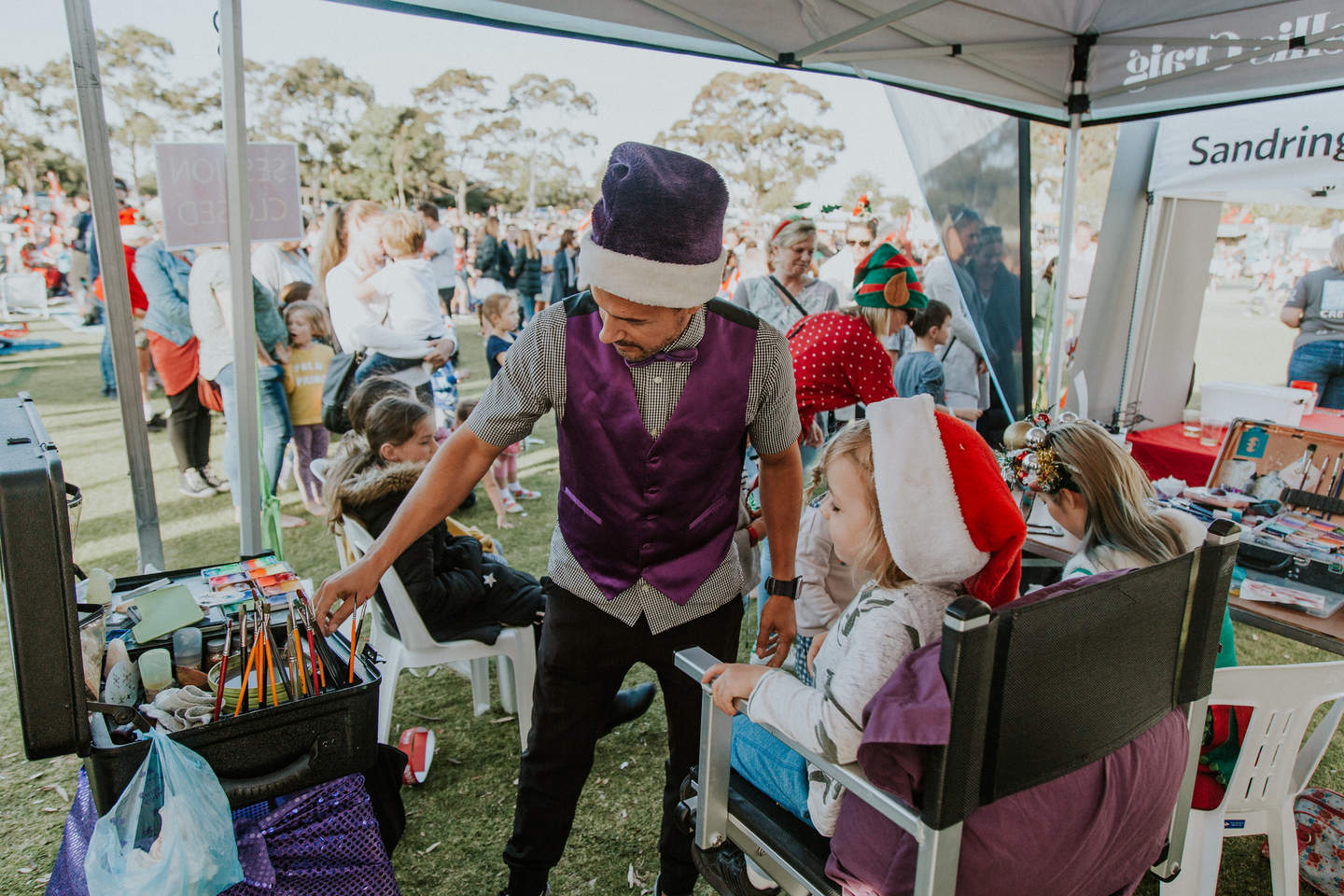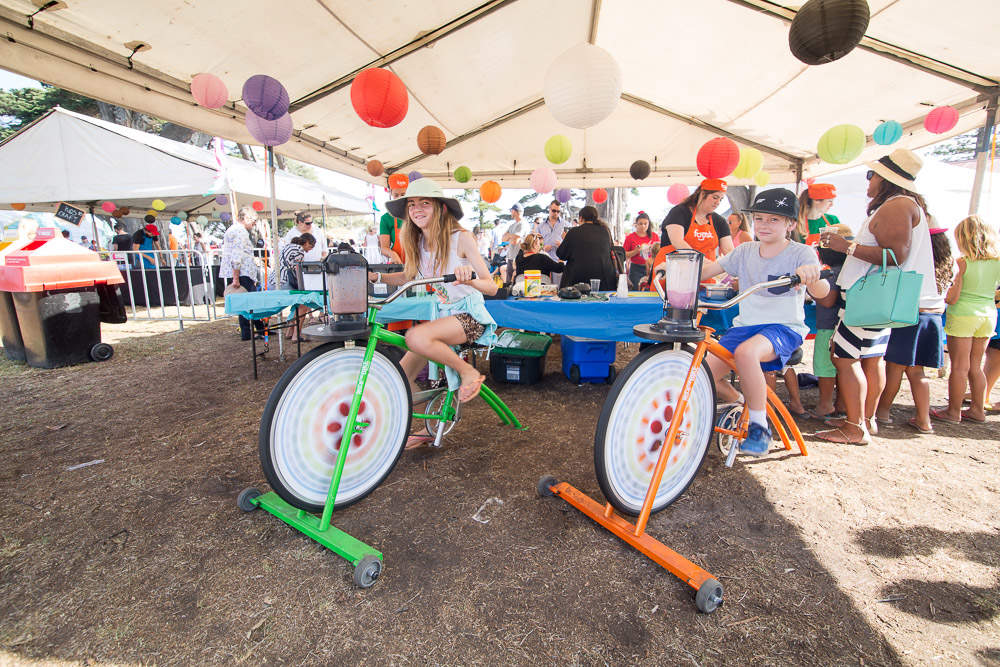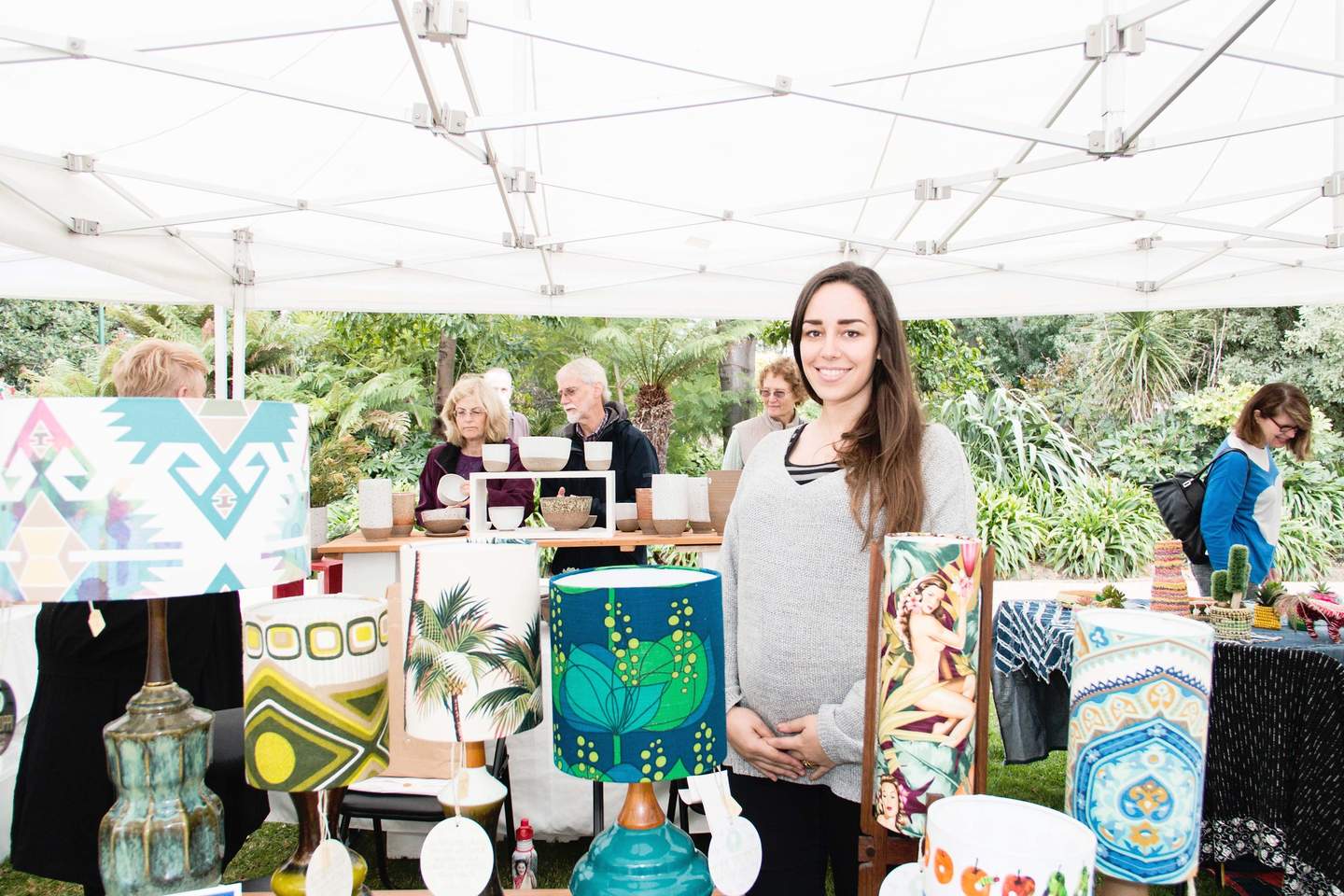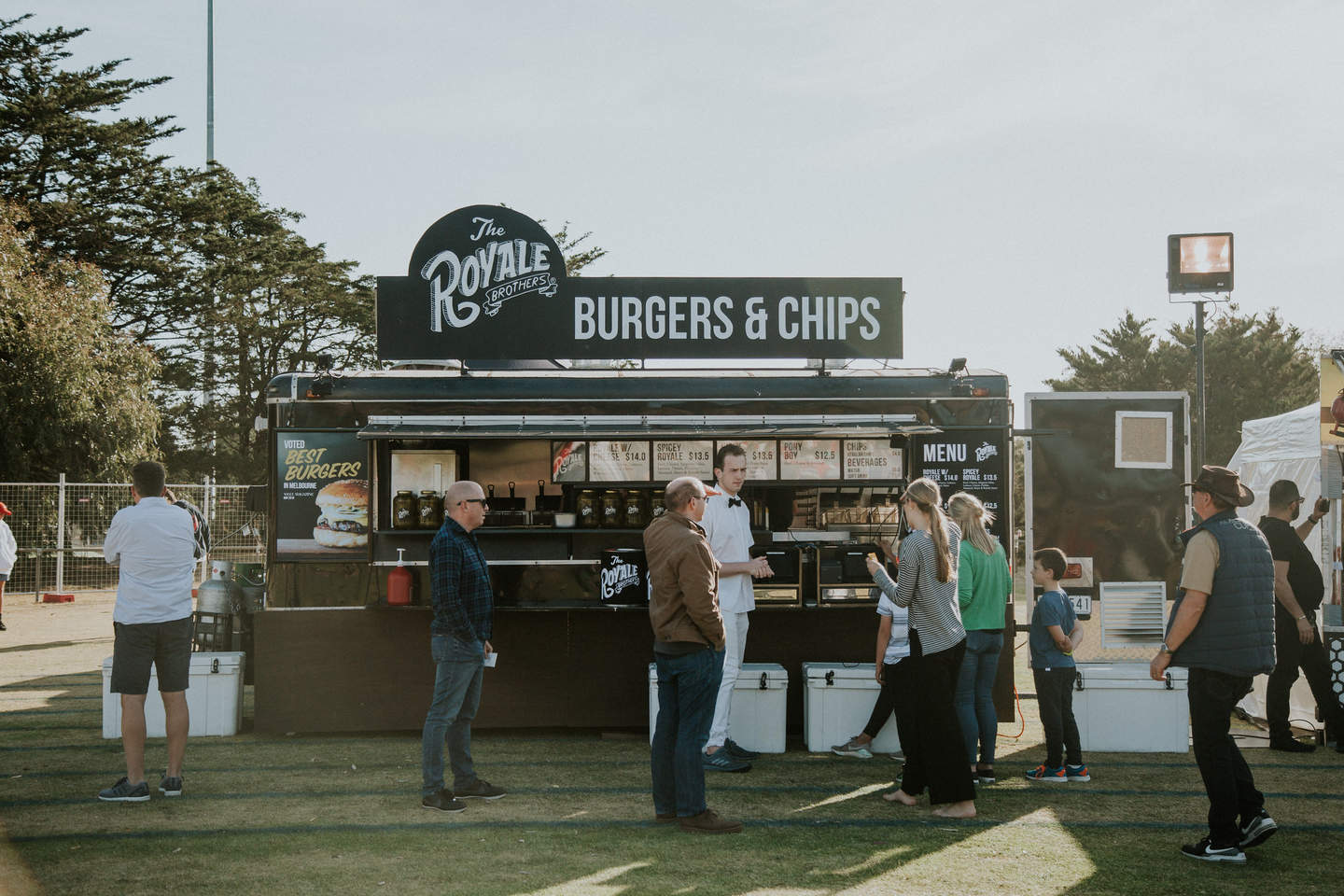Sustainable events guidelines

We're here to help you make your events as sustainable as possible. That's why we've prepared an easy-to-follow list of guidelines to help minimise the impact your event has on the environment.
This will help save your energy (pardon the pun) and focus on the more exciting aspects of your event while ensuring it meets our community's expectations.
What actually is a 'sustainable event'?
A sustainable event basically ensures that energy, water, and waste is minimised and doesn't adversely impact the surrounding vegetation and waterways.

To make it easy for event holders, we have broken Bayside’s expectations around sustainable event management into three parts:
1. Mandatory requirements (steps to be implemented by all event providers)
2. Guidelines for a more sustainable event (steps to be considered by all event providers)
3. Supporting documents
Ensuring your event incorporates sustainable elements is best done in the initial planning stage. This will help you make your event as environmentally friendly as possible.
The following outline guides you through the steps that can assist you in greening your event from the outset.

Mandatory Requirements
Waste management
Provision of general waste, recycling and organics streams* must be included as part of waste management of the site.
All litter should be removed from the site and separated into their most appropriate waste stream (general waste, recycling or organics). Clear signage for patrons to refer to will assist with this.
*For events with more than five food vendors, an organics stream must be provided for both front and back of house.
Plastic bags
Single-use plastic bags cannot be distributed during the event.
Plastic straws
Single-use plastic straws cannot be distributed to patrons.
Balloons
Balloons are not to be used or distributed at any event.
Styrofoam
Styrofoam cannot not be distributed to patrons.
Individual sachets
Individual sachets (tomato and BBQ sauce, honey, soy sauce, mustard) must not be used or distributed to patrons.
Cutlery
All single-use cutlery and crockery must be made from products that are able to be recycled or composted.
Guidelines for a more sustainable event
Promotion
Be proud of your sustainable efforts! Remember to promote the fact that you're holding a sustainable event throughout all of your event communications, advertising and promotion, and remind event attendees what they can do to support it e.g. BYO reusable cup.
Online promotion
- Set up a website and social media to share information about your event, rather than printing material.
Ticketing
- Investigate e-ticketing options such as Eventbrite, Trybooking, etc.
Printed materials
- Use recycled paper for any printed materials.
Waste management
Waste management contractor
- Ask your contractor for options that divert waste from landfill, and preferably avoid creating waste. Work together to complete a comprehensive Waste Management Plan.
Bins
- Bins must be labelled and, positioned in pairs or groups. Ensure you have sufficient bin numbers and types depending on the size of your event. As a minimum, recycling and general waste bins must be on site. For events with more than five food vendors, an organics stream must be provided for both front and back of house. Consider providing a recycling/cardboard skip to assist with bulk packaging at set-up time.
Organic waste
- As above, for events with more than five food vendors, an organics stream must be provided for both front and back of house. Ensure your contractor has arrangements with a suitable organic waste processing facility and that any compostable packaging is accepted by the processor.
Source Separation and Collection
- To avoid contamination of waste streams and to ensure it is disposed of appropriately, clear signage on all bins is helpful. Engage volunteers or a waste management company to monitor bins on the day to assist patrons in correctly separating their waste.
Planning
- Be clear about how your waste is being handled and how it will be processed when creating your waste plan. Consider setting targets for reduction of all waste, not just reducing waste to landfill. The prepared waste management plan must be provided to and approved by Council’s Waste Management team a minimum of four weeks out from the event.
Waste prevention
Incentives
- Look for ways for patrons to actively recycle during the event. Try and include it as an engagement tool at the event.
- Develop an event specific Container Deposit System to recover all containers for recycling or provide incentives for patrons to return their recyclables to the bar through a deposit scheme, e.g. make drinks in reusable cups cheaper than single-use recyclable containers.
Multi-use
- Consider giving patrons branded cups, to be refilled at the bar/coffee van throughout the event.
- Consider setting up a washing station and encouraging your event patrons to return their items for washing and reuse.
Re-Purpose
- Consider items that could be donated to opportunity shops or charities at the conclusion of the event. Arrange this with opportunity shops or charities so they are prepared to receive re-purposed goods.
Food and beverage
Food
- Choose food providers who will aim to source food locally and are committed to reducing wastage and have minimal impact on the environment.
Tea and Coffee
- Request caterers to use certified organic or fair-trade tea and coffee. Encourage them to provide incentives for patrons to bring reusable cup options.
Vendor waste
- Choose caterers and stall holders that are committed to your waste reduction goals.
- Provide a copy of our sustainable event guidelines and be clear about your expectations.
Water
- Offer taps/re-filling stations for patrons to refill water bottles rather than sell bottled water.
Procurement
List suppliers
- Develop a list of suppliers required for your event and identify sustainable alternatives.
Giveaways
- Don’t use plastic items as giveaways. Source options that will not end up as waste.
Packaging
- Choose items with minimal or no packaging.
Source local
- Source from local businesses or look for local volunteers to improve your procurement outcomes.
Energy and water generators
- Consider hiring biodiesel generators.
Usage levels
- Identify the event’s electricity and water usage before, during and after the event. Put in measures to reduce.
Lighting
- Consider the time of day your event is held to reduce the need for lighting. Investigate if solar powered lighting is a possibility.
Emissions
- If possible, source an online calculator to estimate the carbon emissions at your event. Look for ways to offset them.
Toilets
- Source water wise toilets which could include, water efficient hand basins, or waterless urinals.
Contamination
- Avoid contaminating wastewater by using environmentally sound cleaning products and sanitisers.
Accreditation
- For large events, consider accreditation through the National Carbon Offset Standards.
Transport
Promotion
- Promote initiatives for patrons to arrive by sustainable transport modes.
Public transport, walk, ride
- Provide clear information about public transport, bike and walking routes.
Bike riding
- Provide bike parking at the event or consider a bike valet service.
Group travel
- Provide shuttle services between train stations, bus stops, hotels, etc.
Public transport
- Work with Public Transport Victoria, and advise them of your event: event.notification@ptv.vic.gov.au.
Incentives for sustainable transport
- Offer incentives to patrons who opt for sustainable transport to attend your event. Large events could partner with PTV to arrange free travel for event patrons.
Post event
Review
- Evaluate the event to determine the effectiveness of sustainable options. Check against the Waste Management Plan.
Usage
- Record the use of emissions, power, water and transportation. Consider purchasing carbon offsets to offset the measured impact of your event.
Record
- For major events over 1000 patrons, record the amount of waste produced and types (your waste contractor should be able to provide this), numbers of full or partially full bins for recycling, landfill and organics. Include the contamination rate of the bins. Review post- event waste reports when planning for the next event.
Improvements
- Review data from previous events before planning improvements for future events, especially on the same site.
- For further information on how to make your event more sustainable, contact the Bayside City Council’s Environmental Sustainability team or for more information on your event permit please contact Councils Events team on 9599 4444
